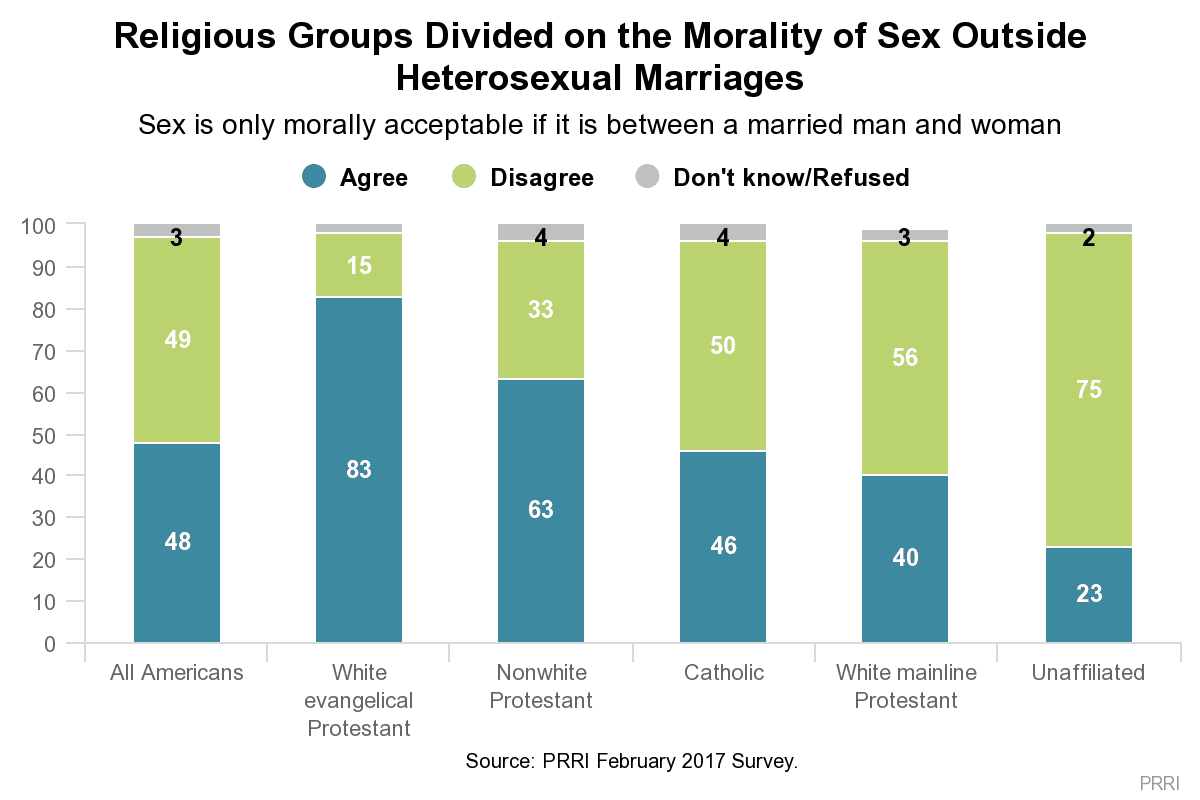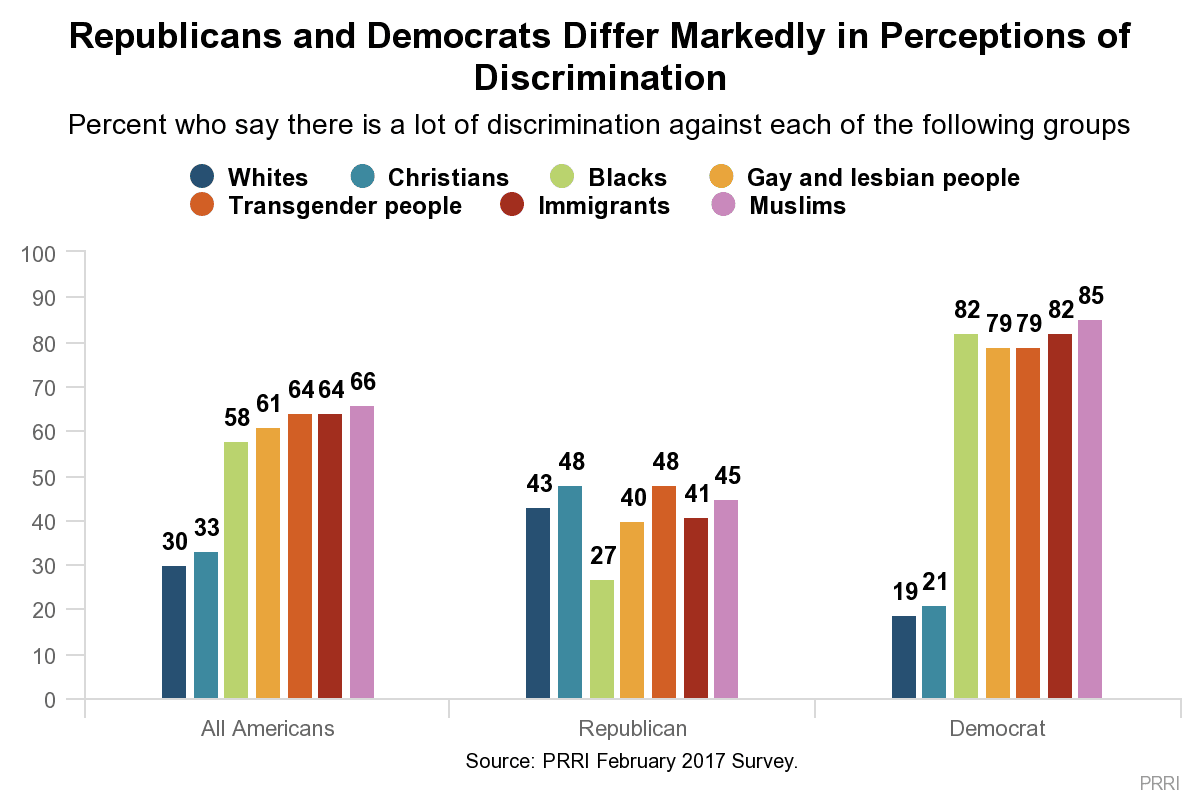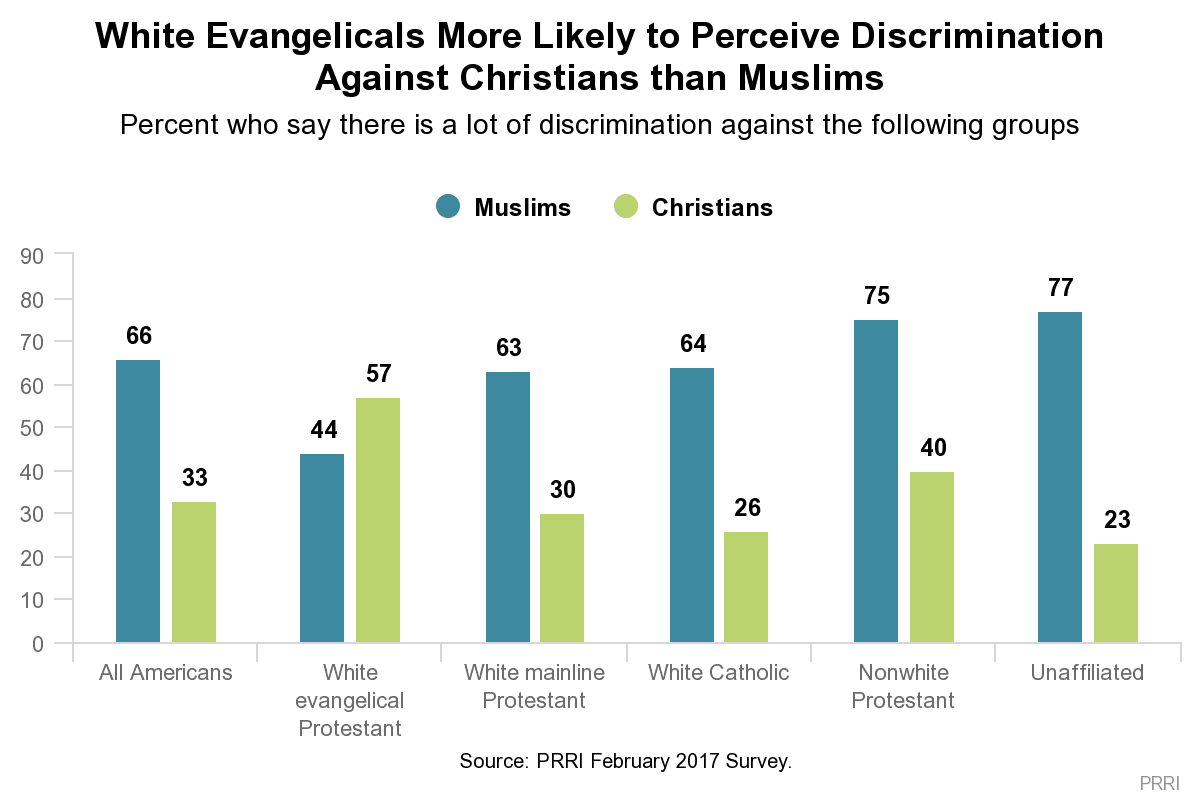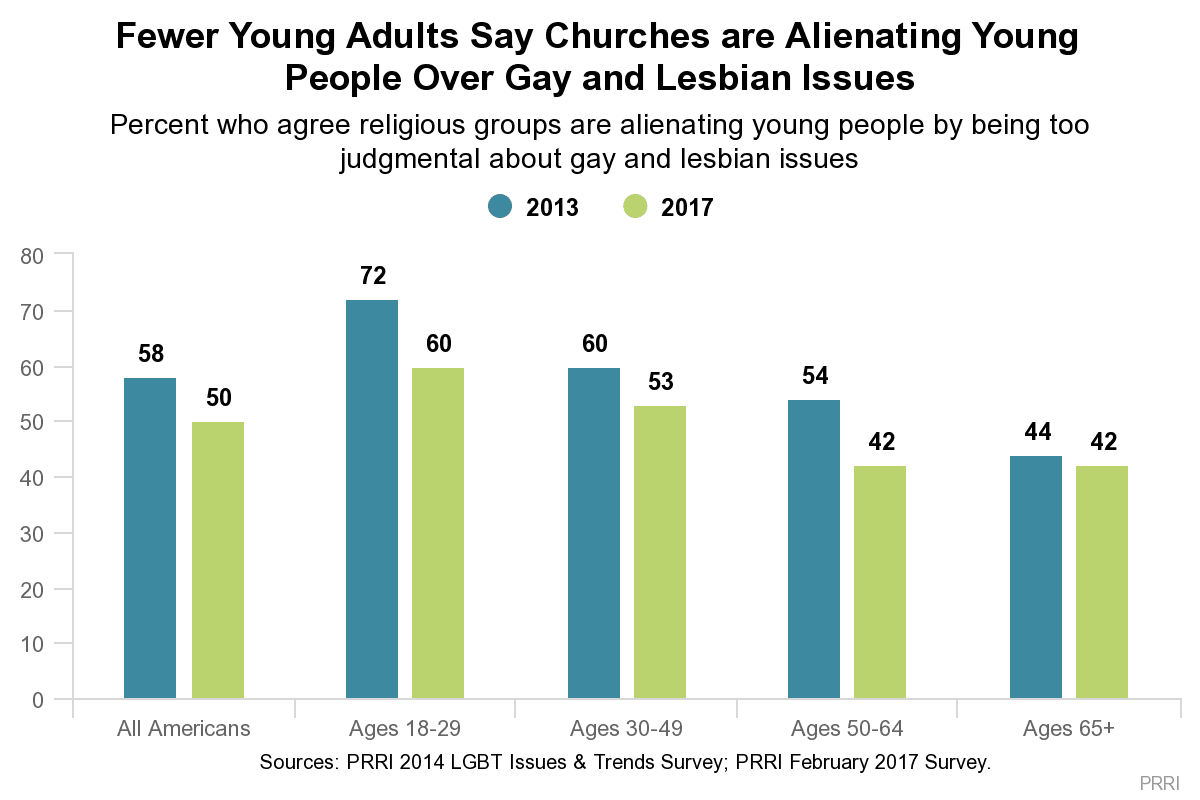A new article about Vice President Mike Pence, published by The Atlantic, highlights a personal conviction Pence holds not to be alone with women who are not his wife. The article is dredging up an age-old debate surrounding the rule made famous by Billy Graham: Despite its intention to avoid sexual temptation, does the rule actually alienate women and expose a misogynistic attitude?
As the Atlantic article points out, Graham explained the intention behind the rule this way: a means to “avoid any situation that would even have the appearance of compromise or suspicion.” Graham and his ministry team committed not to “travel, meet or eat alone with a woman other than my wife.” The Atlantic article says Pence made a similar commitment known several years ago, and for all intents and purposes, it appears he continues to stick by it. Citing the desire to protect his marriage, Pence says, “It’s about building a zone around your marriage.”
The attention garnered Pence and the rule, due to the article, has stirred up a mixed reaction. Several people have taken to Twitter to express their approval and disapproval. One comment on Twitter referred to the rule as “misogyny cloaked as honor.”
Re the Mike Pence quote: Trying to imagine what my career would look like if I’d refused to dine solo with male editors & interview subjects
— Pamela Colloff (@pamelacolloff) March 30, 2017
Rachel Held Evans, a popular Christian author and blogger who is known for her progressive rhetoric, had this to say about the Billy Graham rule:
I understand having boundaries in marriage & best practices for pastors. But a legalistic “Billy Graham Rule” has negative impact on women.
— Rachel Held Evans (@rachelheldevans) March 30, 2017
Unfortunately, I feel these tweets miss the original intention behind the rule, which many believe is to respect a spouse and to keep another woman’s honor intact. In fact, many see it as obeying the instruction of 2 Timothy 2:22 to “flee youthful lust.” With all the stories you hear of ministry leaders falling into things like adultery and emotional affairs, someone’s desire to exercise a little caution makes sense. For this reason, I respect people who wish to adhere to the rule.
However, if you’re not a woman, you might have a hard time seeing how this rule, intended to stave off sexual temptation and protect marriage, might have a “negative impact on women.” I personally have been on the losing side of this rule. There have been times when I haven’t been invited to gatherings or even professional meetings because “we didn’t want to make you feel uncomfortable being the only woman” or it would have been one-on-one with a boss who happens to be male. As someone who has traveled all over the world, sometimes by myself, these explanations come off as condescending.
Think of it this way: I can live in a Muslim nation, figure out how to get around a country where I don’t speak one word of the language, live in close proximity to my single male missionary peers (and not once waiver on my own physical boundaries), yet I can’t be trusted to hold my own at a lunch meeting with a man? Let me tell you, that doesn’t make you feel like you are equal in God’s eyes or that you’re being cared for. It makes you feel left out at best, and at worst implies the man doesn’t trust you to uphold your own physical boundaries.
As painful as those experiences were, thankfully they were few. I have come across a lot of people who subscribe to this rule and instead of allowing it to exclude me, they made a way for me to still be involved. The bottom line is this: The rule should never be allowed to exclude people who have a right to be there.
This is precisely the problem progressives, non-religious folks and even some Christians have with Pence’s stance.
The thing is, God in his wisdom intended men and women to work together. Because of the unique ways men and women think, we actually work a lot better when our teams are composed of both sexes working side by side—approaching a challenge from different points of view. For this reason, you can see where the Billy Graham Rule can create some sticky situations when you’re in ministry. More often than not, lead pastors (who tend to be male, especially in the U.S.) are in a position where they need to meet with female staff members for performance reviews, lunch meetings to discuss an upcoming ministry event, or they might need to travel somewhere together. The street also goes both ways—perhaps you are a female pastor meeting with a male staff member.
Regardless of your gender, if you have decided to follow this rule, more power to you. However, we cannot ignore the potential for exclusion and offense this rule may bring.
With this in mind, let’s talk about some ways you can adhere to the Billy Graham Rule while not alienating the opposite sex:
Do whatever you can to include a third party
Most people will not have an objection to a third party being present at your meeting, especially if your relationship is purely professional or platonic. If this is the case, there should be nothing the two of you need to discuss that another person can’t hear. Granted, if you are on a ministry staff together and are discussing sensitive information (for instance, information a congregant told you or a member of your staff in confidence), stricter rules apply. Your third party needs to be someone who can hear the information you are discussing.
Explain what you’re doing
Be honest and upfront with the person you’re meeting with. If you need to call in a third party or make different arrangements, explain why you are doing so. An honest “I have a personal conviction not to be alone with a member of the opposite sex. That’s why I’m asking another person to tag along. Is that OK with you?” can defuse offense and clear up any confusion pretty quickly.
Take responsibility for your rule
Please don’t assume everyone adheres to this rule. Take responsibility to find a third party when needed, make different travel arrangements, etc. Don’t put it on the person you are choosing not to meet with one-on-one (especially if this person is under you). This extra effort on your part will communicate to the other person that it’s not them, it’s you. You are taking extra precaution because you don’t want to put yourself in a compromising situation. It’s really important to avoid any confusion or implication that this is somehow the “fault” of the other person or that their presence is inconvenient. Whatever you do, do not let exclusion be an option. If you can’t find a way to include your female colleague in a meeting, you need to reschedule.
Go out of your way to include people
There is so much division between men and women these days, it’s disheartening. Sometimes you may not even realize your actions may come across as exclusive. Perhaps there is a group of friends at the church you always gravitate toward. Of course you do, we all have friends who are closer than others, but especially if you are in ministry, you need to make an effort to include members of the opposite sex when you’re “on the job.” I can’t tell you how many friends I have on ministry staffs who feel they are not in their pastor’s “inner circle,” while other staff members (who happen to be the same sex as the pastor) are. Exclusion is not an option—even if it’s a “casual” meeting around the water cooler. Do what you can to be inclusive.
Whether you agree with the rule or not, let’s do our best to respect the people, like Mike Pence, who find the rule helpful. If you adhere to the rule, please try to understand the potential for offense this rule can present to a member of the opposite sex and do whatever you can to put the responsibility on yourself.



















